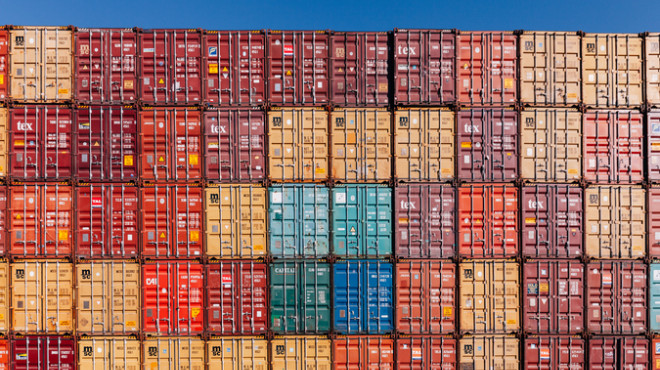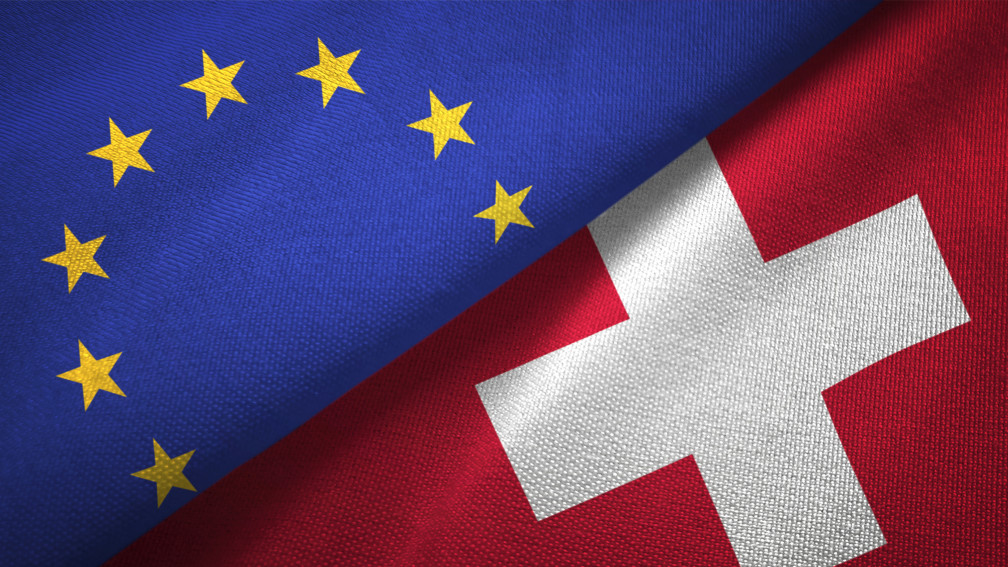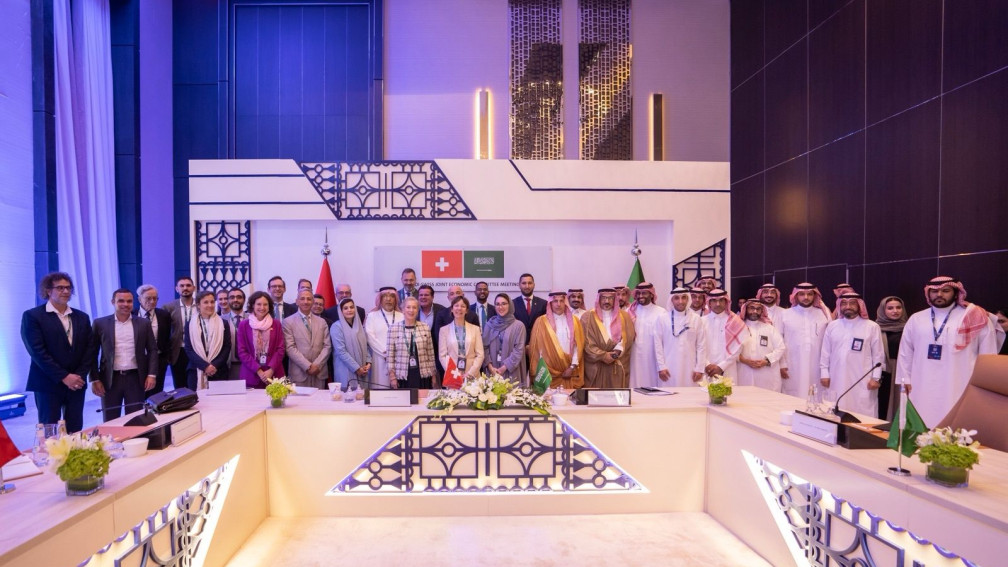
13th WTO Ministerial Conference: Tough struggle for a minimum consenus
The World Trade Organization’s (WTO) 13th Ministerial Conference (MC13) took place in Abu Dhabi this week. From the perspective of the Swiss export industry, the progress made is relatively modest, but still greater than expected. Agreements were reached in the areas of investment and digital trade – without further weakening the protection of intellectual property.
Disruptions in global supply chains, protectionism and geopolitical crises – recently, the multilateral trading system and its guardian, the World Trade Organization (WTO), have not been at their best. This is all the more regrettable for the WTO’s host country, Switzerland. After all, as a small exporting country, we are particularly dependent on rules-based multilateralism. It is often forgotten: Trade liberalization achieved via the WTO is still clearly the first-best solution for Switzerland and its companies – even before bilateral and plurilateral agreements.
Expectations for the WTO’s 13th Ministerial Conference (MC13), which took place this week in Abu Dhabi, were low in view of the fragmentation trends in world trade. Would the WTO's highest decision-making body still be able to deliver results? The agenda of the 166 member states was certainly extensive: from the reform of the dispute settlement system to investment facilitation for developing countries, digital trade, the protection of intellectual property to agriculture and fisheries.
At the end of MC13, it is clear that although the progress made is modest from the perspective of Swiss foreign trade, individual results were nevertheless achieved and, above all, setbacks were avoided.
WTO REFORM: REAFFIRMATIONS BUT NO SOLUTIONS (YET)
For years, Switzerland has been working with 13 other countries within the Ottawa Group to improve the three core functions of the WTO (monitoring of rules and consultation, negotiations and dispute settlement). As the International Chamber of Commerce (ICC) emphasizes, a reform of the WTO is also a key concern of companies worldwide. After all, they are the «ultimate end-users of the global trading system». At MC13, member states emphasized their determination to reach an agreement by the end of 2024. However, no majorities could be found for solutions, particularly with regard to the dispute settlement system blocked by the USA.
INVESTMENT FACILITATION FOR DEVELOPING COUNTRIES
Moreover, Switzerland was able to make an important contribution in the area of investments for developing countries. In the run-up to MC13, together with 120 countries, it agreed to a plurilateral agreement aimed at removing bureaucratic hurdles for investments in developing countries (Investment Facilitation for Development, IFD). Swiss companies operating abroad will also greatly benefit from simplified and more transparent authorization procedures. The aim now is to help the IFD agreement achieve a breakthrough in the multilateral framework as well.
IMPORTANT STEP IN DIGITAL TRADE
Another ray of hope at MC13 concerns digital trade – an area that is rapidly gaining in importance worldwide. At the last minute, the participating countries were able to agree to extend the moratorium on customs duties on electronic transmissions (e.g. films, e-books or video games) for a further two years. This is a good sign for companies and consumers alike. Some countries – including India, South Africa and Indonesia – had spoken out in favor of ending the moratorium.
NO EXTENSION OF THE TRIPS-WAIVER TO THERAPEUTICS AND DIAGNOSTICS
Finally, it was eagerly awaited whether discussions on the Agreement on Trade-Related Aspects of Intellectual Property Rights (TRIPS) would take place at MC13. Unfortunately, last year's ministerial conference decided to soften patent protection for Covid-19 vaccines (a so-called «TRIPS waiver»). An extension of this «TRIPS waiver» to therapeutics and diagnostics at MC13 was initially sought by some countries, but ultimately did not materialize. This is an important signal for Switzerland as a center of innovation and research. After all, the pandemic has shown that patent protection has not hindered access to vaccines, but rather made their rapid development possible in the first place. In the interests of healthcare, Swiss trade diplomacy must therefore continue to campaign against the erosion of intellectual property rights.










